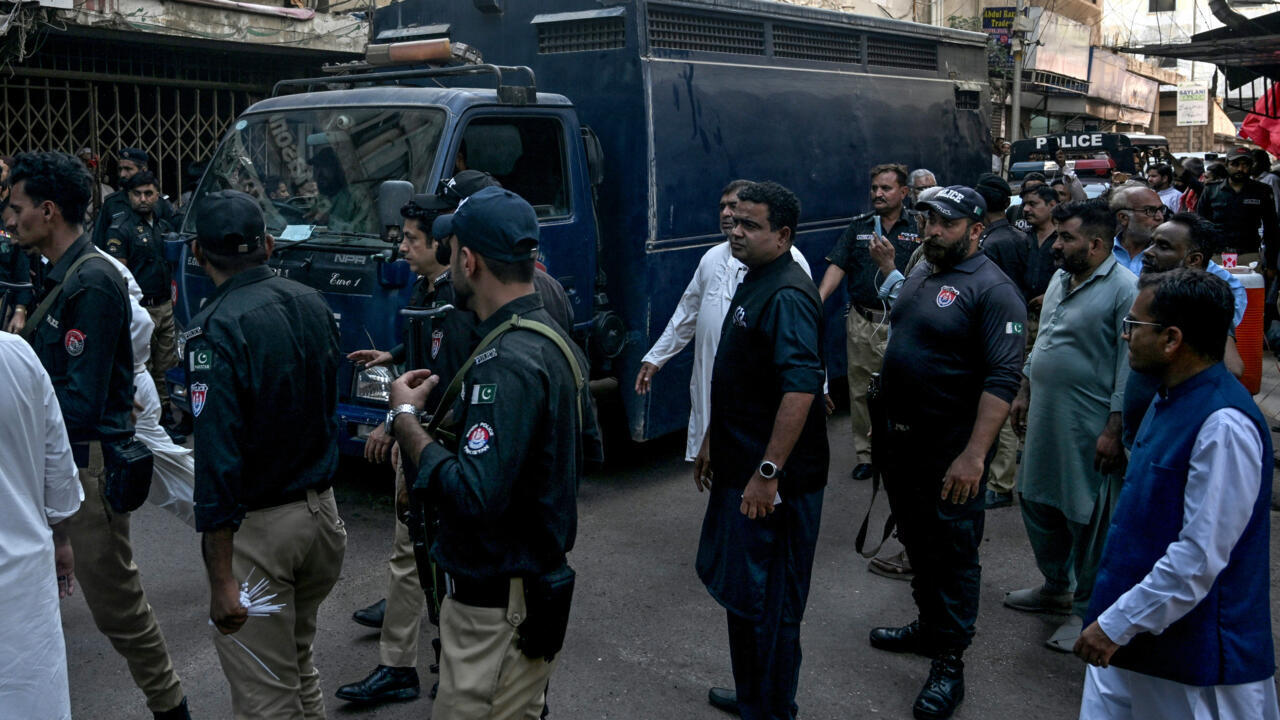Tragedy in Karachi: Mob Violence Claims Life of Minority Community Member

In a deeply troubling incident that highlights the ongoing religious tensions in Pakistan, a violent mob brutally attacked and killed an Ahmadiyya community member in a port city. The attackers, many of whom were affiliated with the radical anti-blasphemy group Tehreek-e-Labbaik Pakistan (TLP), unleashed a horrific act of communal violence against a member of one of Pakistan's most marginalized religious minorities.
The Ahmadiyya community has long faced systematic persecution and discrimination in Pakistan, where they are frequently targeted due to their religious beliefs. This latest lynching serves as a stark reminder of the dangerous religious intolerance that continues to plague the country, putting vulnerable minority groups at constant risk of violence and persecution.
The incident underscores the urgent need for stronger legal protections and social reforms to safeguard religious minorities and prevent such brutal acts of mob violence. Human rights organizations have repeatedly called attention to the precarious situation of Ahmadiyya Muslims in Pakistan, who face widespread social stigma and legal restrictions that effectively render them second-class citizens.
As tensions continue to simmer, this tragic event represents yet another devastating blow to religious harmony and human rights in the region.
